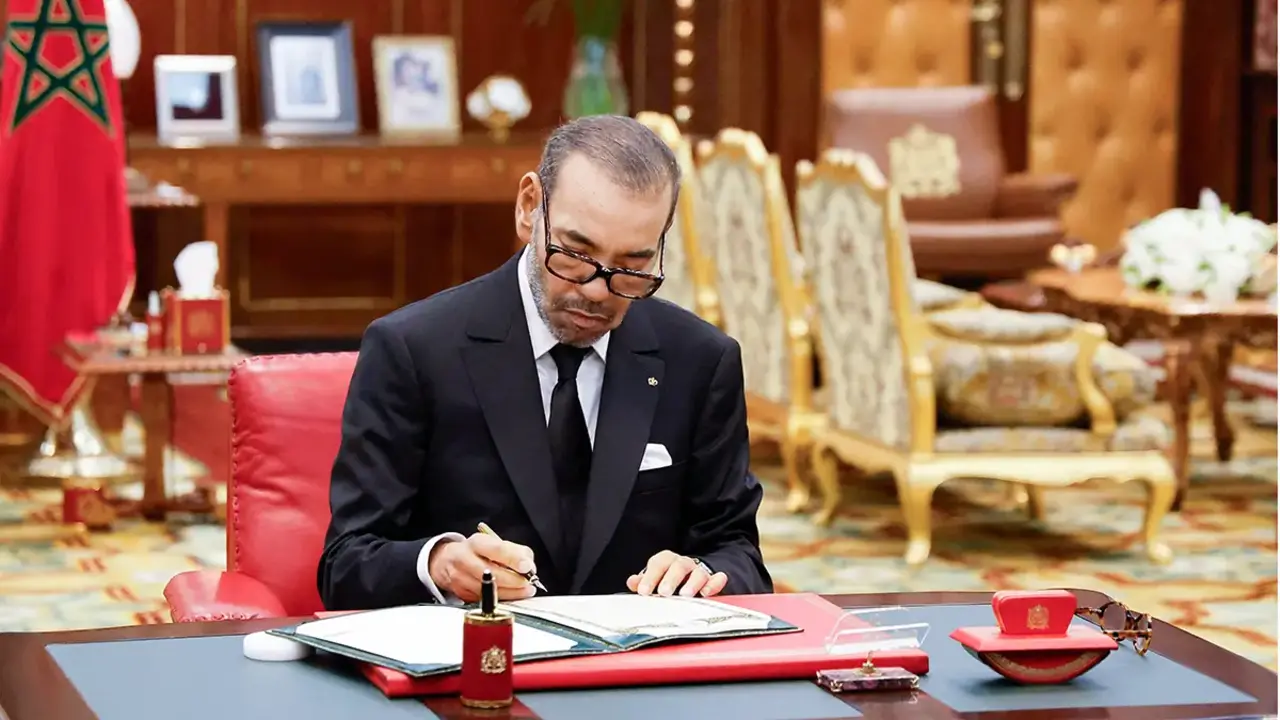FIFA makes Morocco, Spain and Portugal official as 2030 World Cup hosts

Gianni Infantino, president of the Fédération Internationale de Football Association (FIFA) has made it official, two years after the bid was launched, that Morocco, Spain and Portugal will host the 2030 World Cup.
In addition, it was confirmed that the first three matches will be held in Paraguay, Argentina and Uruguay to commemorate the centenary of the competition. The FIFA president also confirmed that Saudi Arabia will host the 2034 World Cup.

In the presidential speech, Infantino began by recalling that ‘we are here to define who will host the 2030 and 2034 World Cups’ and that ‘two years ago, at this same time, we were in Qatar accompanied by more than 5 billion spectators and 3 million fans in the stadiums’.
‘100 years since the first World Cup in Uruguay. What better way to celebrate a World Cup than in 6 countries and on 3 continents! The world is going to stop to celebrate,’ added Gianni Infantino.
Following Infantino's announcement, Fouzi Lekjaa, President of the Royal Moroccan Football Federation expressed his gratitude for achieving such a precious moment for the national sport. ‘I thank you for the trust you have placed in Morocco to host the 2030 World Cup together. This trust is a further proof of the processes carried out in the overall development of the country thanks to the vision of the King, Mohammed VI,’ said Fouzi Lekjaa.

‘Sport and football in particular are a lever for socio-economic and human development,’ he added. ‘Dear colleagues, this bid will go down in the history of Africa, the cradle of humanity, and on the old continent, in Europe,’ he concluded.
On behalf of the Spanish delegation, María Ángeles García Chaves, first vice-president of the Royal Spanish Football Federation and head of the Management Committee, said that ‘this World Cup will unite several generations. Within Spain, the tournament will unite all the regions,’ she concluded.
FIFA requirements
Football's world governing body has a method for assessing a country's ability to host sporting events that takes into account important aspects such as stadiums, transport and accommodation.
Stadiums are the most crucial. FIFA looks for facilities that meet safety and seating standards, with up-to-date features, including the use of VAR technology.

Transport is another important element. FIFA always makes sure that fans and teams can move easily between cities. Therefore, airports, trains and roads must also have the necessary infrastructure.
The supply of sports cities, hotels and their accessibility are another measure. In addition, FIFA ensures that the host country has high quality training grounds and training areas for the participating teams. These should be easily accessible from where the teams are staying.

‘The essence of football is that it cannot be predicted and its great strength is our unity. Football is much more than a sport, it is a social phenomenon with the ability to unite people from all over the world, from all walks of life. Football brings people together in a peaceful and joyful context,’ concluded Infantino.








